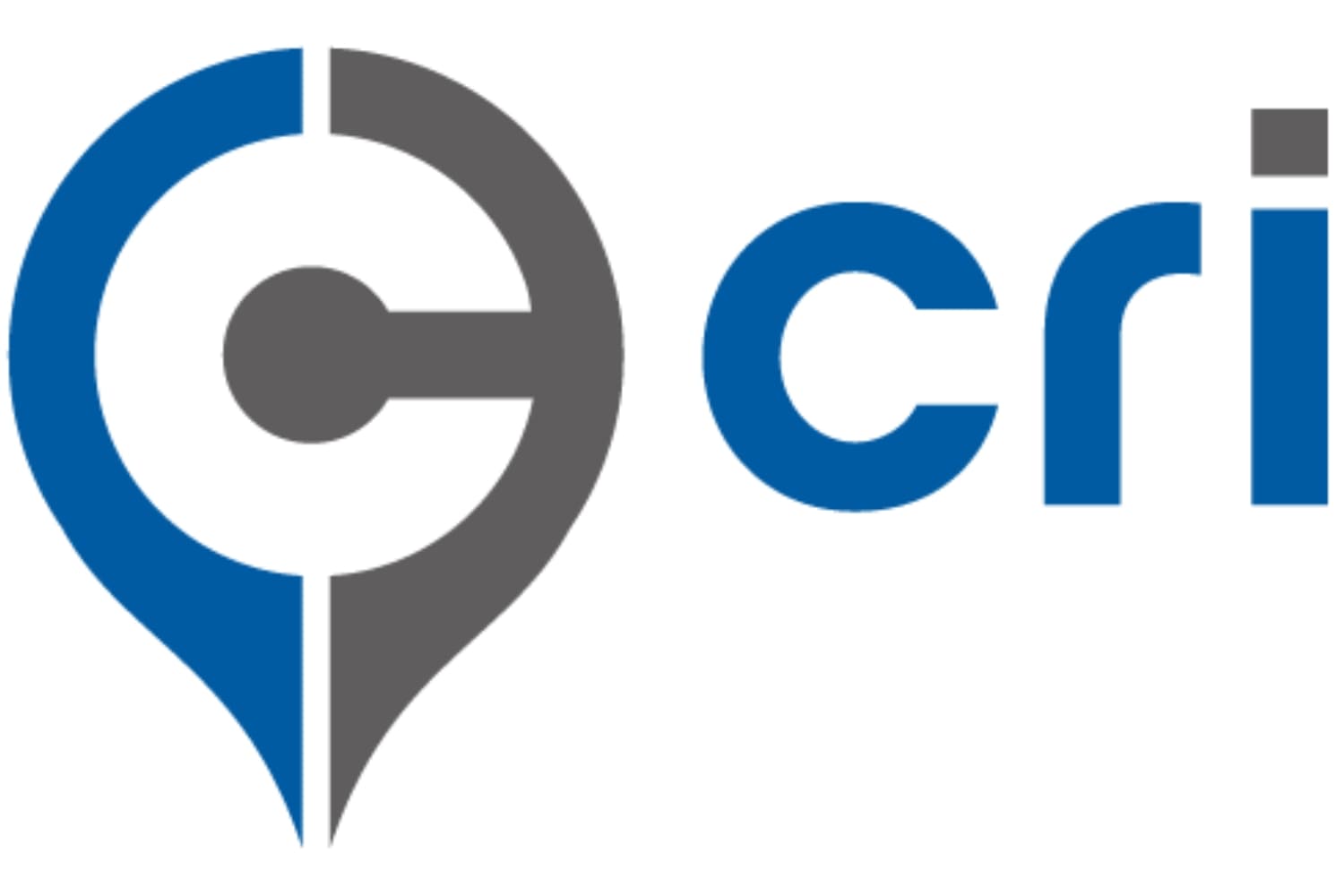[vc_row][vc_column][vc_column_text]Organizations recruiting for open positions need to move quickly. The clock is always ticking and some things just can’t wait. With disruption across every industry, it is more important than ever that HR is empowered to identify candidates who will hit deadlines and move projects forward.
Technical skills often make a resume stand out early on, but an applicant’s soft skills and overall personality are equally important to making a good hire. For this reason, pre-employment assessments are often added to round out the onboarding process and enhance results.
Good Tests
Assessments reduce turnover by identifying candidates who are better fits and reduce bias on the part of hiring managers. This approach captures a more complete picture of a candidate. It can mean the difference between hiring someone who is successful over the long term, rather than someone who interviews successfully but struggles on the job.
Bad Tests
Critics argue that assessments keep great candidates from advancing in the hiring process because the tests measure traits that don’t necessarily correlate with success in the position. Many tests are popular simply because they are inexpensive or easily obtainable. They provide little more than the illusory feeling of security for the organization. These tests rarely measure the skills, aptitude or other factors specific to a given position.[/vc_column_text][vc_single_image image=”9439″ img_size=”full”][vc_column_text]
Great Results
The truth is, these tools are only as useful as the HR professionals using them. For example, if assessments are used to identify and hire an assertive leader when the team actually needs a supportive listener, then the assessment will have found the desired type of candidate, but the result is still a bad hire. That’s not progress.
Employers sometimes set the bar so high that they discard nearly all qualified candidates. Relying on one factor to screen out candidates who might excel at other relevant tasks doesn’t make sense.
When interpreting assessment results, use the information to guide the candidate’s development. A candidate flagged as a likely fit for the job, but exhibiting some lackluster aspects can often be used as a guide to help coach the candidate on the identified issue. Qualified candidates can be coached and overcome issues to become strong assets and that’s the case with every hire to some extent.
CRI Works
CRI’s family of assessments were was developed to by psychologists and matches job seekers with employers by evaluating both personality traits and aptitudes to before determineing if they’re a match for the job’s requirements. It works well for companies seeking a faster, more effective alternative to simple tests like the Myers-Briggs, which aren’tisn’t intended for use in screening job candidates.
CRI provides advice and resources to help employers make hiring decisions based on personality and aptitude qualifications with pre-employment assessments. Contact us today to learn more.[/vc_column_text][/vc_column][/vc_row]

